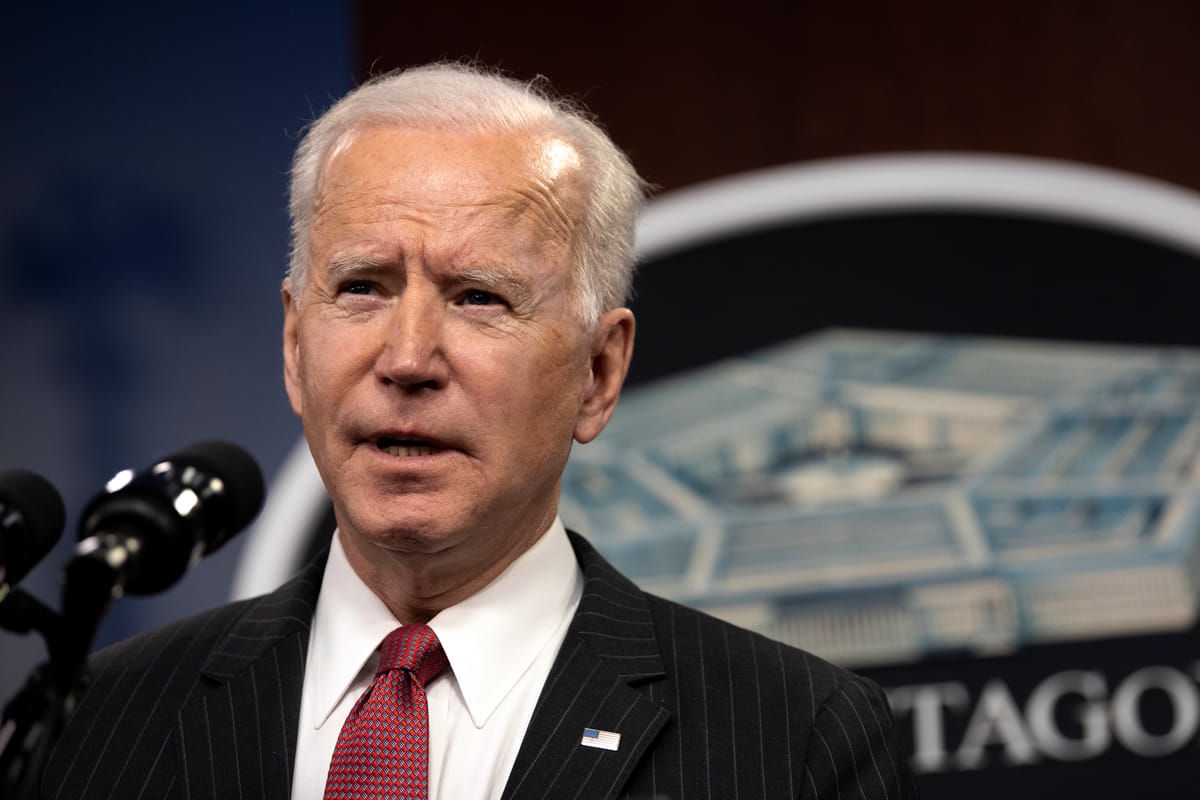Bussiness
Inside Wall Street’s efforts to value OpenAI: Who’s involved, how it could work, and what’s at stake for the banks
- Goldman Sachs and Morgan Stanley have reportedly been tapped on a valuation of OpenAI.
- The transformative AI startup is evaluating what it could take to become a for-profit company.
- Here’s how the process could work and what Wall Street bankers stand to gain.
As third-quarter earnings demonstrated, Wall Street dealmaking appears to be bouncing back after three years of lackluster activity.
For bank bosses, it signals a return to vying for the biggest M&As, IPOs, and debt-capital raises in hopes of the largest paydays for themselves and their firms. Yet, one of the most coveted projects on the Street right now is unlikely to mint much money for the investment banks involved — at least in the short term.
Last week, the Wall Street Journal reported that OpenAI and its longtime backer, Microsoft, have begun talks to determine how much money Microsoft stands to receive if OpenAI converted to a for-profit institution. The Journal reported that OpenAI tapped advisors at Goldman Sachs, and Microsoft, which has poured some $14 billion into the AI startup as a nonprofit, is relying on Morgan Stanley to facilitate the negotiations. Spokespersons for both Goldman Sachs and Morgan Stanley declined to comment or confirm their reported participation in the project.
BI called up two Wall Street dealmakers who specialize in tech banking to walk us through what the process could look like, as well as a valuation expert on the faculty of the Wharton School at the University of Pennsylvania. They also shared a look at what it could mean for the banks that won this business, both in terms of pay and reputation. The two investment bankers – neither of whom are affiliated with Goldman, Morgan Stanley, OpenAI, or Microsoft — requested anonymity to preserve industry relationships.
The experts said the OpenAI valuation process stands to be stressful and drawn out — potentially taking up to six months — and could come with little to no financial reward for the banks involved. That said, the job still represents a huge win for Goldman and Morgan Stanley’s tech teams since they now stand at the front of the line for whatever comes next for OpenAI.
Thanks to ChatGPT, San Francisco-based OpenAI stands at the forefront of the artificial-intelligence revolution, which is projected to contribute nearly $16 trillion to the world economy by 2030, according to consulting firm PwC. A recent fundraise valued the company at more than $150 billion. After it converts to a for-profit company, it could seek to raise money through the stock market or make acquisitions — all of which could prove lucrative for its Wall Street partners.
Even the banks that are not part of this process stand to win if the final valuation is high enough, said Michael Roberts, the finance professor at Wharton. “If it comes at a really high multiple, what does that mean? It means you can raise an enormous amount of money if you are an AI company,” he said, adding: “If I go back 15 years, the place to be as an investment banker was in Silicon Valley. But this could be sort of the next Silicon Valley 3.0.”
Here’s a look inside the process and what it means for the Wall Street dealmakers who won this business, according to the tech bankers and the finance professor.
The banks have different goals: ‘You’re going to do battle’
Morgan Stanley’s objective will be to secure the greatest equity for its client, Microsoft, while Goldman’s goal may be the opposite — pitting the two sides against one another.
“You’re going to do battle,” said one of the sources — a senior tech banker at a midsize investment bank — about the bankers on either side of the negotiating table.
The valuation could take as much as six months, depending on what legal snags crop up, these people said. Since there’s no obvious precedent for valuing this company, the bankers will want to get creative, which could open the door to lots of debate.
The tech banker at the midsize firm said the goal will be to find comparisons in the real world that would make a compelling case for what OpenAI could be worth. “You might look at some of the early days of the last couple of generations of very disruptive technologies,” he said, citing Apple in its early iPhone era and Google “back in the early days of disrupting the search market.”
The second banker, a former executive at a large-cap investment bank who now handles some tech deals at a small, independent firm, said that the banks will do a “landscape analysis” and ask questions about whether OpenAI could one day take Google’s place.
Roberts, the Wharton professor, proffered the name of another disruptive tech company: Uber. As it redefined the ride-hailing industry, there were “enormous” variations in its valuation projections. For OpenAI, though, the situation could be even more complex since its impact on the economy stands to be more dramatic.
Risks and rewards
Two of the experts BI spoke to estimated that the banks’ fees for their work on the valuation could be low, at under $25 million each, with one suggesting it could even be gratis due to the competitive nature of the business. A third expert estimated the fees would likely be greater than $25 million but under $100 million.
For context, advising on an actual merger or big-ticket public offering can generate many multiples of that for investment-banking advisors — to the tune of hundreds of millions.
The fees, however, are not likely the focus. “The goal is to lock the relationship up,” said the senior technology dealmaker at the midsize firm, noting that OpenAI and Microsoft are companies that bankers would kill to have as clients.
This banker said Sam Altman, the founder of OpenAI, appears to put a premium on trust and interpersonal relationships, which could be to Goldman’s benefit. He has a reputation for being “loyalty-driven,” said the banker, who has met Altman and knows his reputation through conversations with the tech community.
Morgan Stanley, for its part, has enjoyed a relationship with Microsoft that stretches back years. In 2016, the firm was the only advisor to Microsoft on its $26 billion acquisition of social-networking-giant LinkedIn.
This wouldn’t be the first time banks have shown a willingness to play the long game in exchange for future potential gains.
In 2022, a syndicate of banks led by Morgan Stanley assembled $25 billion in capital to lend to Tesla founder Elon Musk to finance his acquisition of X, the social-media platform formerly known as Twitter. X’s lackluster financial performance prevented some banks from offloading the debt, leading to losses. However, the goal, as one banker said at the time, was to “get a foot in the door with the man and his business.”
The investment banker who formerly worked at a large-cap bank said potential drawbacks could include some banks being excluded from other AI deals for competitive reasons.
“The likelihood that Google would take a very stance and be less willing to work with them is probably high because whenever you’re involved in something like this, you’re ‘under the tent,’ and you’re seeing a lot of very sensitive things about where something is going and not going,” this person explained.
Largely speaking, however, Wall Street is poised to win, Roberts said.
“Given how much money’s at stake here, even the loser isn’t really going to lose, are they?” he said, adding, “It’s all relative.”
Are you an investment-banking insider? Get in touch with this reporter. Reed Alexander can be reached via email at ralexander@businessinsider.com, and SMS/the encrypted app Signal at (561) 247-5758.










